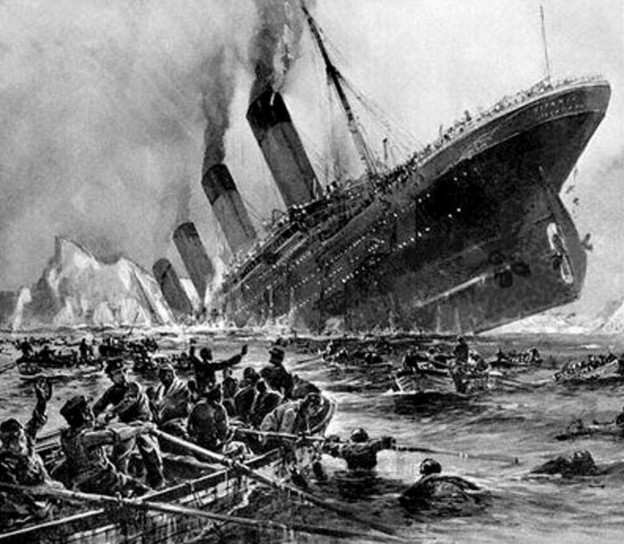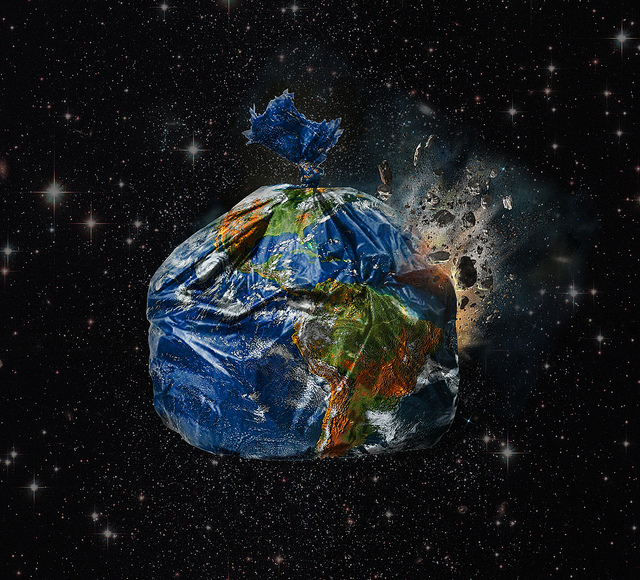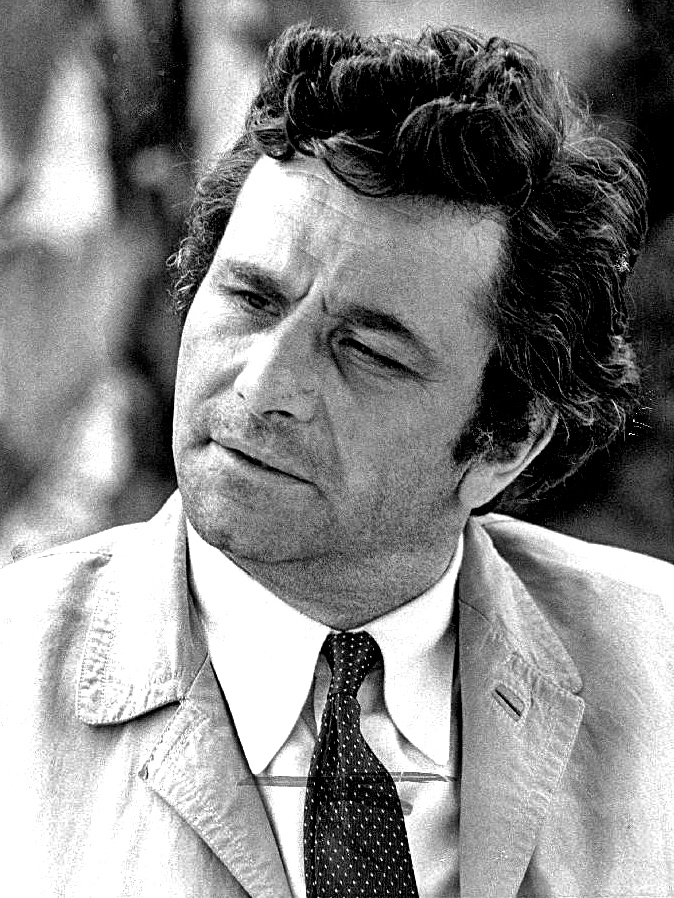Podcast: Play in new window | Download
Subscribe: RSS

You all did love cars once, not without cause. What cause withholds you now?
Few countries have embraced any industry with the fervor America used to have for its automobiles. Cars weren’t just a product, they were part of our culture, our very identities. In my youth our neighbors were Chevy people like us, or Ford people or something else, the Other, and everybody knew who everybody was. Getting your driver’s license and your first car, which often happened on the same day, were major, unforgettable milestones in your life. Families celebrated the arrival of a new car as if it were a new baby — with gloating tours of the neighborhood, distribution of pictures, and so on.
In 2009, when a chain reaction started by the financialization of subprime loans for real estate threatened to destroy the world’s economy, America declared that the auto industry was too big and too important to fail, and rescued it just before it did, with massive infusions of imaginary government cash. General Motors and Chrysler tiptoed back out of bankruptcy, and the whole industry tiptoed back from the brink of the abyss. Continue reading








 The TV detective Columbo had a favorite ploy: he would allow his suspect to seem to outwit him, and then, as he was shambling out the door in apparent defeat, he would turn and say, “Oh, just one more thing.” And that question would crack the case like a hatchet applied to a year-old egg.
The TV detective Columbo had a favorite ploy: he would allow his suspect to seem to outwit him, and then, as he was shambling out the door in apparent defeat, he would turn and say, “Oh, just one more thing.” And that question would crack the case like a hatchet applied to a year-old egg.